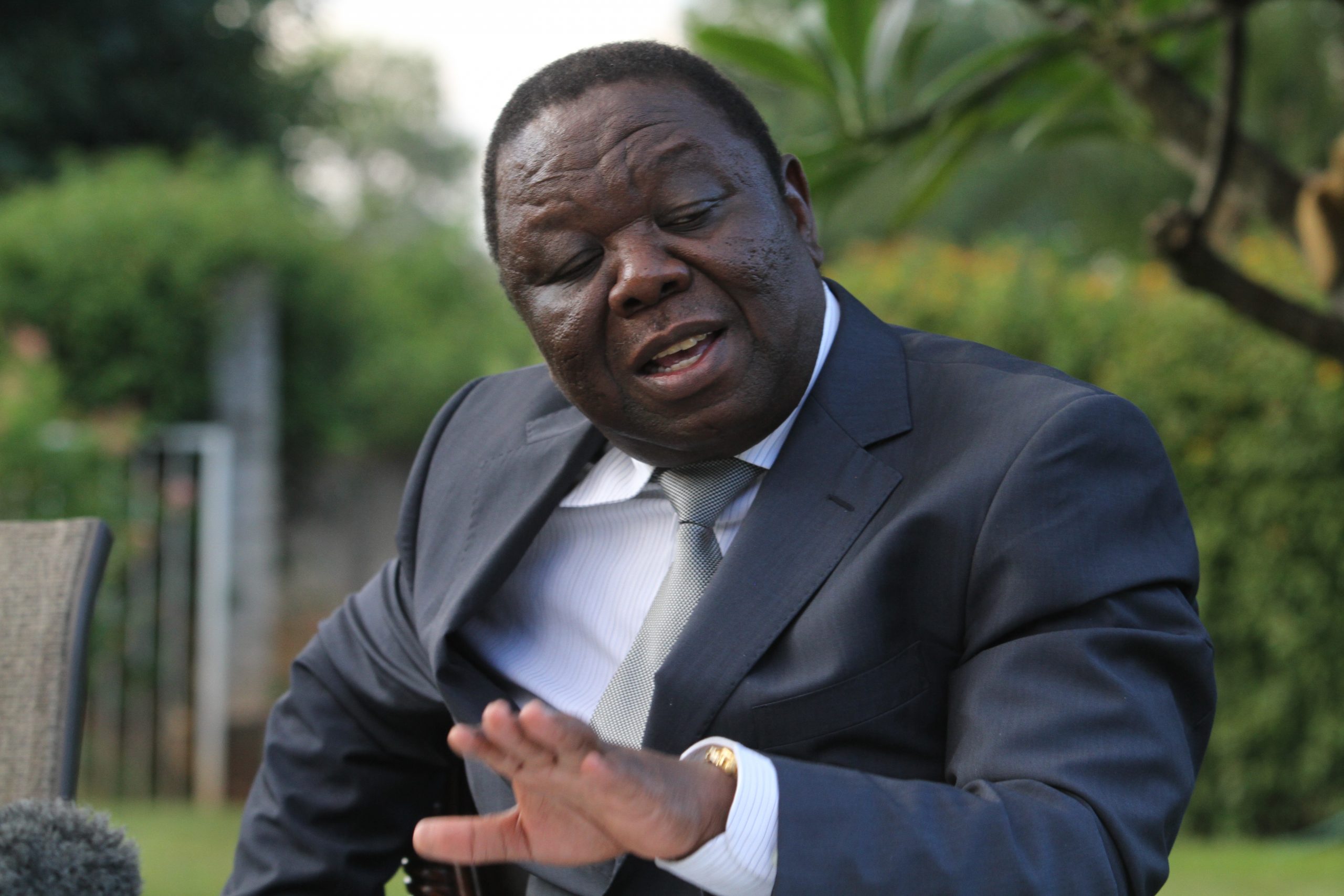
MORGAN Tsvangirai has always obtained more votes than combined MDC-T parliamentary candidates since 2000, according to a Solidarity Peace Trust (SPT) report that is likely to pour cold water on calls by some party members for leadership renewal.
NDUDUZO TSHUMA STAFF REPORTER According to a report titled The end of a road: The 2013 elections in Zimbabwe authored by prominent local academic Brian Raftopoulos, while Zimbabweans voted for other opposition parties or Zanu PF in parliamentary elections, they voted for Tsvangirai in the presidential polls.
“Tsvangirai as a presidential candidate has consistently drawn more votes than his political party in all elections. “This means that some voters are voting for other parties in the opposition or for Zanu PF at House of Assembly (now National Assembly) level and then voting for Tsvangirai as their presidential option,” the report said.
The highest vote for a single party candidate in the MDCs was in 2002 when Tsvangirai got 1 258 401 votes while the united MDC in 2000 and 2005 got slightly more than 1,1 million votes in the House of Assembly. SPT noted that Tsvangirai garnered 1 195 562 votes in the 2008 election.
“The MDC-T has never won the popular vote at the House of Assembly level, including in the 2008 election, even though they won one constituency more than Zanu PF,” the report says.
“MDC-T received 1 061 00 in the 2008 House of Assembly elections, fewer than for Tsvangirai running for president in the same election.”
In 2013, Tsvangirai, got 1 172 349 votes. In comparison, the report said President Robert Mugabe got 2 110 434 votes in the presidential vote while his Zanu PF party garnered a combined total of 2 142 000 in the National Assembly vote. The report said Tsvangirai’s largest win in terms of percentage of overall provincial votes was in Bulawayo where he garnered 68% with MDC president Welshman Ncube getting 7,2% and Mugabe 24%.
“However, there were almost three times as many votes for Tsvangirai in Harare as in Bulawayo which serves to highlight one of the notable features of this election, namely the proportionally dwindling number of votes in the three western provinces of Zimbabwe,” the report says.
- Chamisa under fire over US$120K donation
- Mavhunga puts DeMbare into Chibuku quarterfinals
- Pension funds bet on Cabora Bassa oilfields
- Councils defy govt fire tender directive
Keep Reading
“Matabeleland North, Matabeleland South and Bulawayo showed the lowest provincial voter turnouts countrywide. In many Matabeleland constituencies, voter turnout was between 33% and 41% and the 10 lowest constituency voter turnouts were all in Matabeleland.”
The report said the trend was probably indicative of the fact that the three western provinces were the most highly affected by “diasporisation” as those registered to vote are no longer resident in Zimbabwe.
“With the opposition’s support base increasingly centred in these three western provinces, lower voter turnouts here pose a particular challenge in relation to ever winning the presidential vote in the future,” the report added.
“While the opposition might gain among the greatest proportion of votes here, gauged as a percentage of total vote in each province, in national terms the Matabeleland vote is increasingly insignificant at presidential level.
“There are almost three times as many voters in the three rural Mashonaland provinces, which are Zanu PF strongholds as in the three Matabeleland provinces.”










